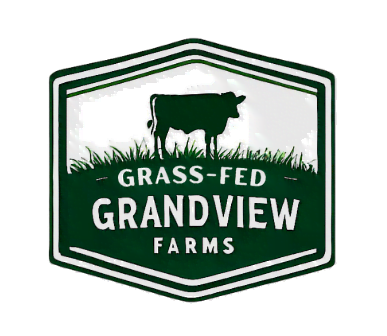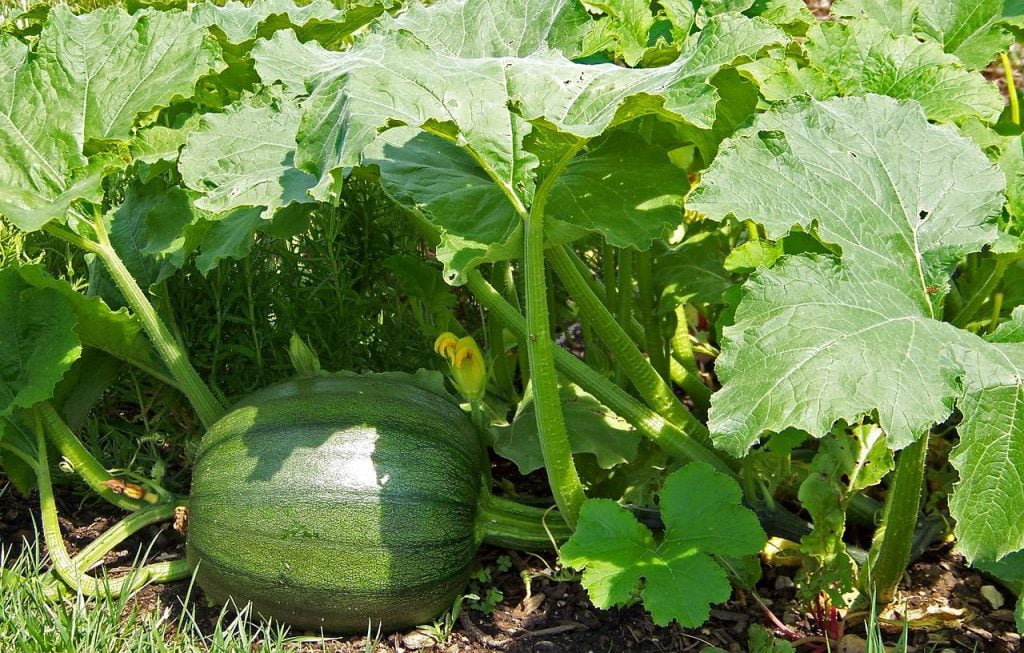Cultivating Harmony with Nature for a Healthier Planet
In a world grappling with the consequences of environmental degradation and the daunting task of feeding a burgeoning population, modern agriculture stands at a crossroads. Conventional farming practices, while effective in boosting yields, have often come at a steep environmental cost, leaving a trail of soil erosion, water contamination, and declining biodiversity. Amidst these concerns, organic farming emerges as a beacon of hope, offering a harmonious and sustainable alternative that aligns agriculture with the rhythm of nature.
The Principles of Organic Farming
Organic farming is more than just a set of practices; it is a philosophy rooted in ecological principles, embracing a holistic approach to agriculture that emphasizes sustainability and natural processes. At its core, organic farming revolves around four key principles:
Refusal of synthetic inputs: Organic farmers steer clear of synthetic fertilizers, pesticides, herbicides, and genetically modified organisms (GMOs), recognizing their detrimental impacts on the environment and human health.
Soil health management: Soil is the very foundation of agriculture, and organic farming places paramount importance on nurturing its health. Organic practices, such as cover cropping, compost application, and crop rotation, enhance soil’s organic matter content, improve its nutrient cycling capacity, and foster a thriving ecosystem of microorganisms.
Crop rotation: Rotating crops over time helps prevent nutrient depletion, disrupt pest life cycles, and suppress weeds, contributing to a more balanced and resilient agricultural system.
Integrated pest management: Instead of relying on harmful chemical pesticides, organic farmers employ natural pest control methods that respect the delicate balance of ecosystems. These methods include companion planting, which utilizes the pest-repelling properties of certain plants, and the introduction of beneficial insects that prey on harmful pests.
Animal welfare: Organic livestock production places animal welfare at the forefront, ensuring that animals have access to pasture, outdoor spaces, and humane living conditions. Organic animal feed is free from synthetic growth hormones and antibiotics, promoting animal health and producing better-quality meat and dairy products.
The Benefits of Organic Farming
Organic farming is not merely an alternative agricultural practice; it is an investment in the health of our planet, our bodies, and our future. Its benefits extend far beyond the confines of the farm, encompassing environmental, health, and social advantages.
Environmental benefits: Organic farming is a testament to agriculture’s potential to coexist harmoniously with the environment. By eschewing synthetic inputs, organic practices help to:
Improve soil health: Organic agriculture enhances soil fertility, water retention capacity, and resistance to erosion, laying the groundwork for sustainable and productive farming.
Reduce water pollution: The absence of synthetic chemicals in organic farming minimizes the risk of water contamination, safeguarding this precious resource for future generations.
Conserve biodiversity: Organic practices foster a rich biodiversity, providing a haven for beneficial insects, pollinators, and other organisms that contribute to ecosystem health.
Health benefits: Organic produce often boasts a higher nutrient and antioxidant content, making it a healthier choice for consumers. Studies have shown that organic fruits and vegetables contain higher levels of vitamins, minerals, and essential nutrients compared to their conventionally grown counterparts. Additionally, organic produce is typically lower in pesticide residues, reducing the risk of exposure to these potentially harmful chemicals.
Social benefits: Organic farming extends its positive impact beyond the environment and health, reaching into the social sphere as well. Organic agriculture supports rural livelihoods by providing employment opportunities and empowering farmers to produce wholesome food for their communities. Moreover, organic farming contributes to a more sustainable and equitable food system, fostering fairer trade practices and promoting economic resilience among farmers.
Addressing the Challenges of Organic Farming
Despite its compelling advantages, organic farming faces certain challenges that hinder its widespread adoption. These challenges include:
Lower yields: Organic yields may be lower than conventional yields, particularly in the initial years of transition. This is because organic practices often require a more nuanced approach to crop management, and the natural methods of pest control may not be as effective as synthetic pesticides.
Higher costs: Organic production costs may be higher due to labor-intensive practices and the avoidance of synthetic inputs. Organic farmers often rely on manual labor for tasks such as weeding and pest control, which can be more time-consuming and expensive than relying on herbicides and pesticides. Additionally, the cost of organic fertilizers and soil amendments can be higher than their conventional counterparts.
Consumer misconceptions: Some consumers may not be fully aware of the benefits of organic farming or may perceive it as a more expensive choice. Misconceptions about the taste and quality of organic produce can also deter consumers from choosing organic options.
Overcoming the Challenges
Efforts are underway to address the challenges of organic farming and promote its wider adoption:
Research and development:
Ongoing research is focused on improving organic farming practices and developing new techniques to boost yields. Scientists are exploring ways to enhance soil fertility through organic methods, develop more effective natural pest control strategies, and breed crops that are better resistant to pests and diseases. These advancements have the potential to narrow the yield gap between organic and conventional farming, making organic agriculture more attractive to farmers.
Market development:
Growing consumer demand for organic products is driving market expansion and support for organic farmers. As consumers become more aware of the environmental and health benefits of organic food, they are increasingly opting for organic options. This growing demand is incentivizing retailers to stock more organic products, making them more accessible to consumers. Additionally, government initiatives and support programs are fostering the growth of the organic market, providing financial assistance to organic farmers and promoting organic certification processes.
Consumer education:
Public awareness campaigns are educating consumers about the benefits of organic farming and encouraging them to choose organic products. These campaigns are dispelling misconceptions about organic food and highlighting its superior nutritional value and lower environmental impact. Educational initiatives are also empowering consumers to make informed choices about their food purchases, promoting transparency and trust in the organic food supply chain.
The Future of Organic Farming
Organic farming holds immense potential to transform global agriculture towards a more sustainable and equitable future. With continued research, market development, and consumer education, organic farming can thrive, harmonizing agriculture with nature to nurture a healthier planet and nourish a growing population.
Conclusion
Organic farming represents a symphony of natural processes, working in harmony with the environment to produce nutritious food. By embracing organic practices, we can cultivate a more sustainable and resilient agricultural system, safeguarding the health of our planet and the well-being of future generations. As we navigate the challenges of feeding a growing global population, let us listen to the melodies of nature’s symphony and embrace organic farming, a harmonious approach to agriculture that nurtures the earth and sustains life.
In conclusion, organic farming offers a promising path towards a more sustainable and healthier agricultural future. By addressing the existing challenges and fostering its wider adoption, we can empower organic farming to play a pivotal role in nourishing our planet and ensuring the well-being of future generations.
FAQ
Organic farming offers a multitude of benefits:
- Environmental benefits: Improves soil health, reduces water pollution, and conserves biodiversity.
- Health benefits: Produces higher nutrient and antioxidant content food with lower pesticide residues.
- Social benefits: Supports rural livelihoods and contributes to a more sustainable food system.
Organic farming faces certain challenges:
- Lower yields: In the initial years of transition, organic yields may be lower than conventional yields.
- Higher costs: Organic production costs may be higher due to labor-intensive practices and the avoidance of synthetic inputs.
- Consumer misconceptions: Some consumers may not be fully aware of the benefits of organic farming or may perceive it as a more expensive choice.
Efforts are underway to address the challenges of organic farming:
- Research and development: Ongoing research focuses on improving organic practices and developing new techniques to boost yields.
- Market development: Growing consumer demand is driving market expansion and support for organic farmers.
- Consumer education: Public awareness campaigns are educating consumers about the benefits of organic farming and encouraging them to choose organic products.




